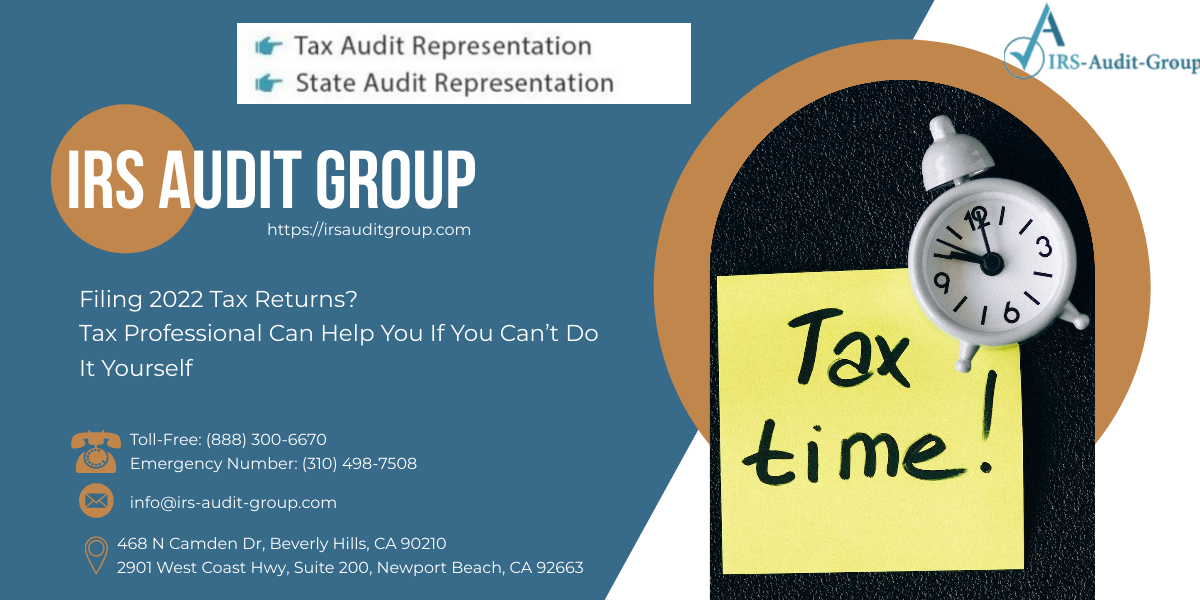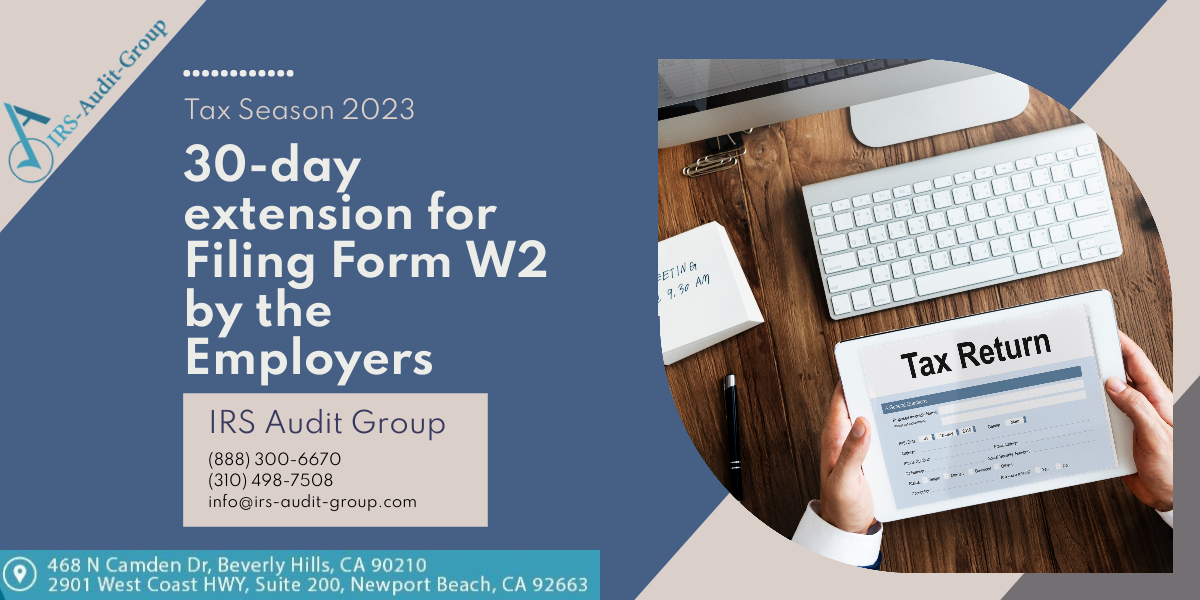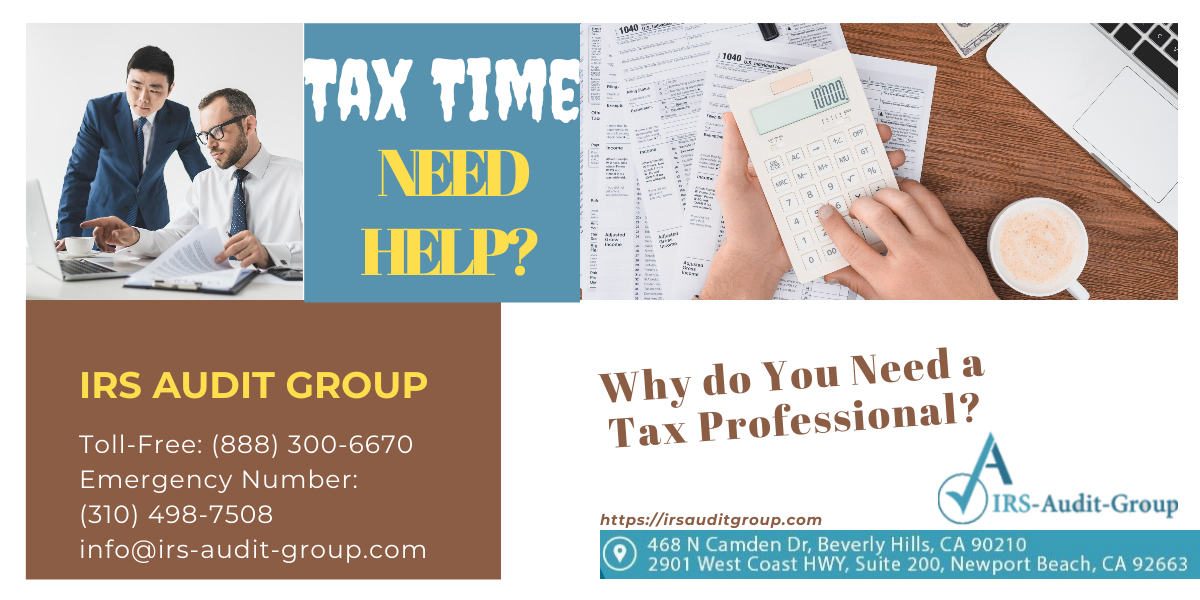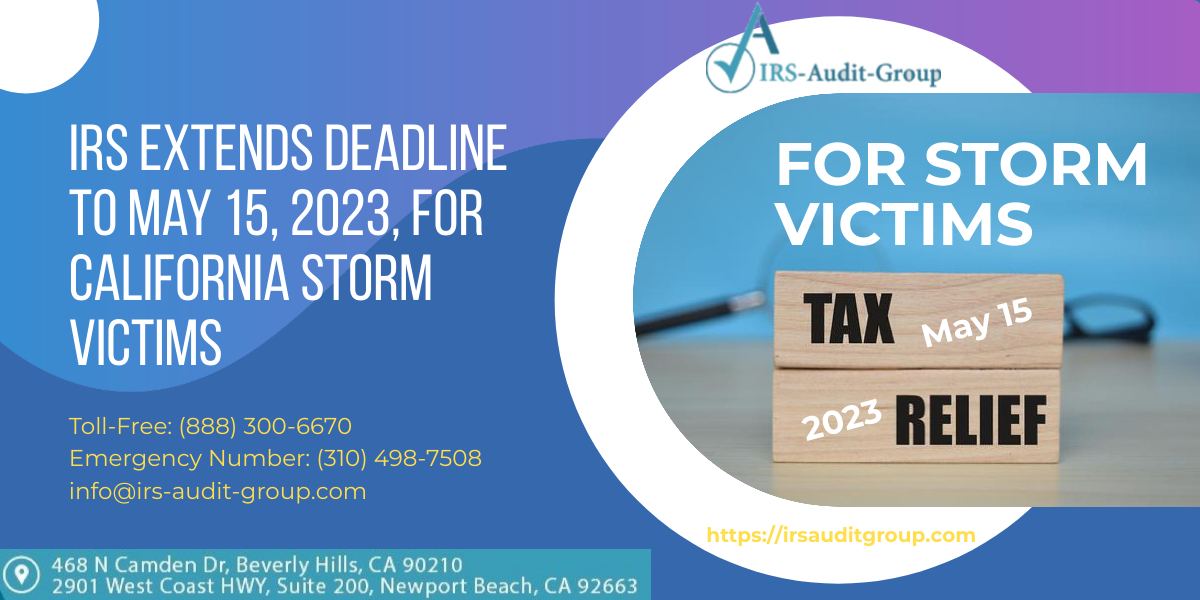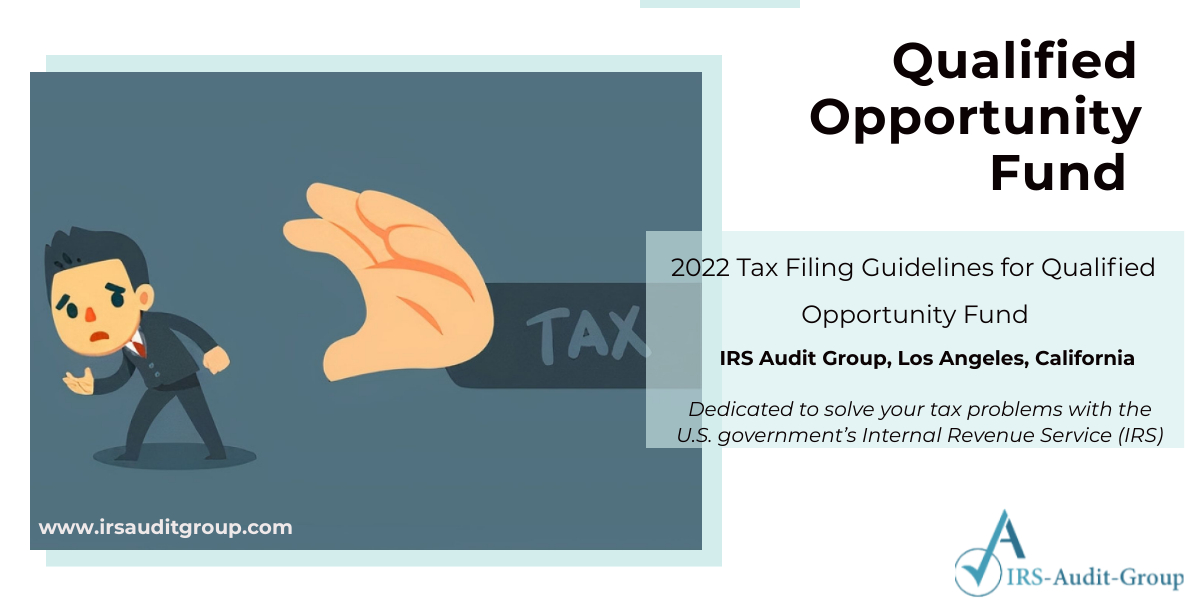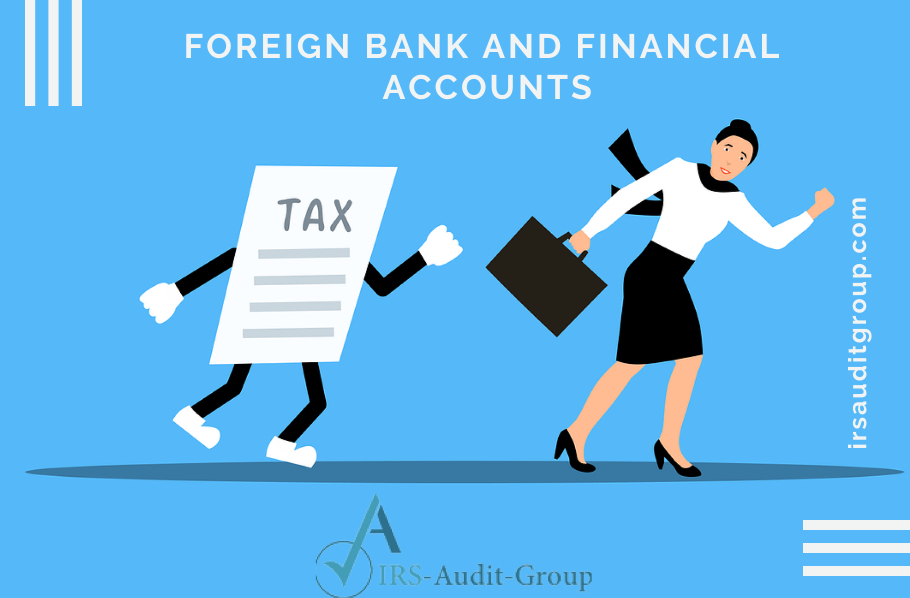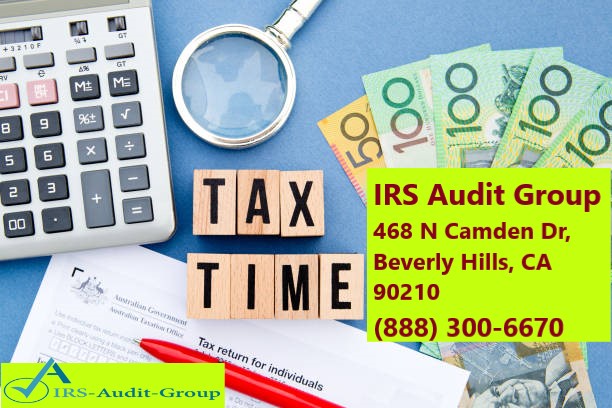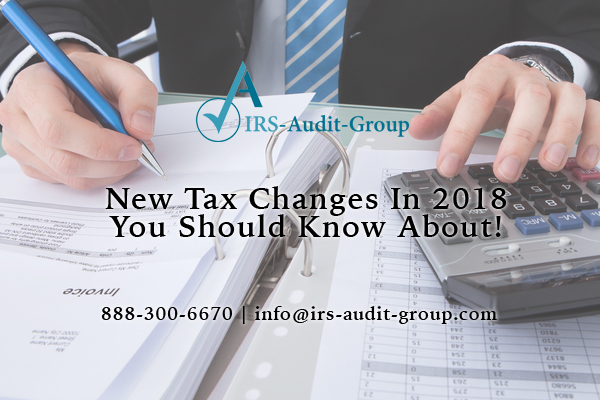The Internal Revenue Service has provided taxpayers with a checklist of reminders to assist them with filing tax returns for the tax season 2023. These quick practices will simplify tax preparation from collecting documents to completing a tax return. But if your tax filing is complex and doesn’t have enough time, it is better to reach a tax professional. Tax professionals know how to file tax returns without any further chances for any IRS audit by filing with accuracy. Engaging a tax professional has various benefits like
- They don’t miss any deductions and tax credits available for you.
- They have up-to-date information on tax codes and new changes. Saves ample time.
- Help eliminate errors and avoid IRS Audit
- Provide the best tax-saving strategies for upcoming tax seasons.
- Investigate past tax returns and amend any missed deductions.
IRS Audit Group is a tax audit representation company in Los Angeles, California. With 15 years of experience, the certified tax professionals, lawyers, and experts of the company have successfully helped clients’ audit processes and understand their IRS taxing authority. IRS Audit Group has a process to follow while doing the tax filing as follows.
- Remember To Report All Types of Income on The Tax Return
- List out income from possible sources such as
- Online platforms that created and sold goods.
- Income from investments
- Part-time or seasonal employment, self-employment, or other business ventures
- Services offered by mobile apps.
Here Are A Few Tips from The IRS Audit Group for All Taxpayers
There are options to use Free Resources for Tax Filing. The IRS’s Free File program, which is only accessible at www.irs.gov, enables individuals who made $73,000 or less in 2022 to electronically file their taxes for free. Also, there are Free File Fillable Forms, with limited features that anyone may fill out and submit on their own, likewise without cost, regardless of their financial level.
As part of a 21-year agreement with the IRS, top tax software firms make their online products freely accessible through IRS Free File. Seven products are available this year in English and one in Spanish. These products can only be accessed by taxpayers on the IRS website.
The IRS advises using IRS.gov to pay taxes, get refund status updates, and get tax issues answered without having to wait. There is no wait time and no need for an appointment because online tools and information are accessible every day of the year. Particularly useful resources from the IRS include Let Us Help You and the Interactive Tax Assistant.
Individuals can securely log in to their IRS Online Account to obtain personal tax account information, such as the balance, payments made, and tax records, such as adjusted gross income.
For the most recent information on tax changes, scam alerts, programs, goods, and services, download the IRS2Go mobile app, view IRS YouTube videos, or follow the IRS on Twitter, Facebook, LinkedIn, and Instagram.
IRS Audit Group is a tax audit representation company in Los Angeles, California. We can transfer your IRS case to Los Angeles irrespective of your state as IRS is a federal agency. Contact us for a free consultation to review your severity of tax debt. https://irsauditgroup.com/contact/
Telephone Number: (310) 498-7508
info@irs-audit-group.com

